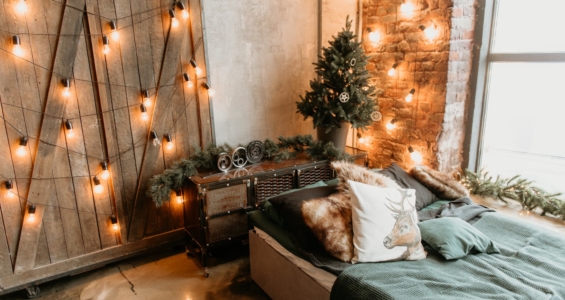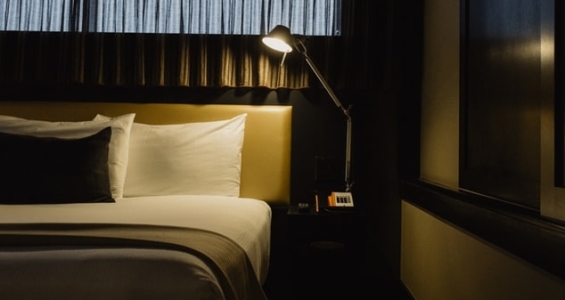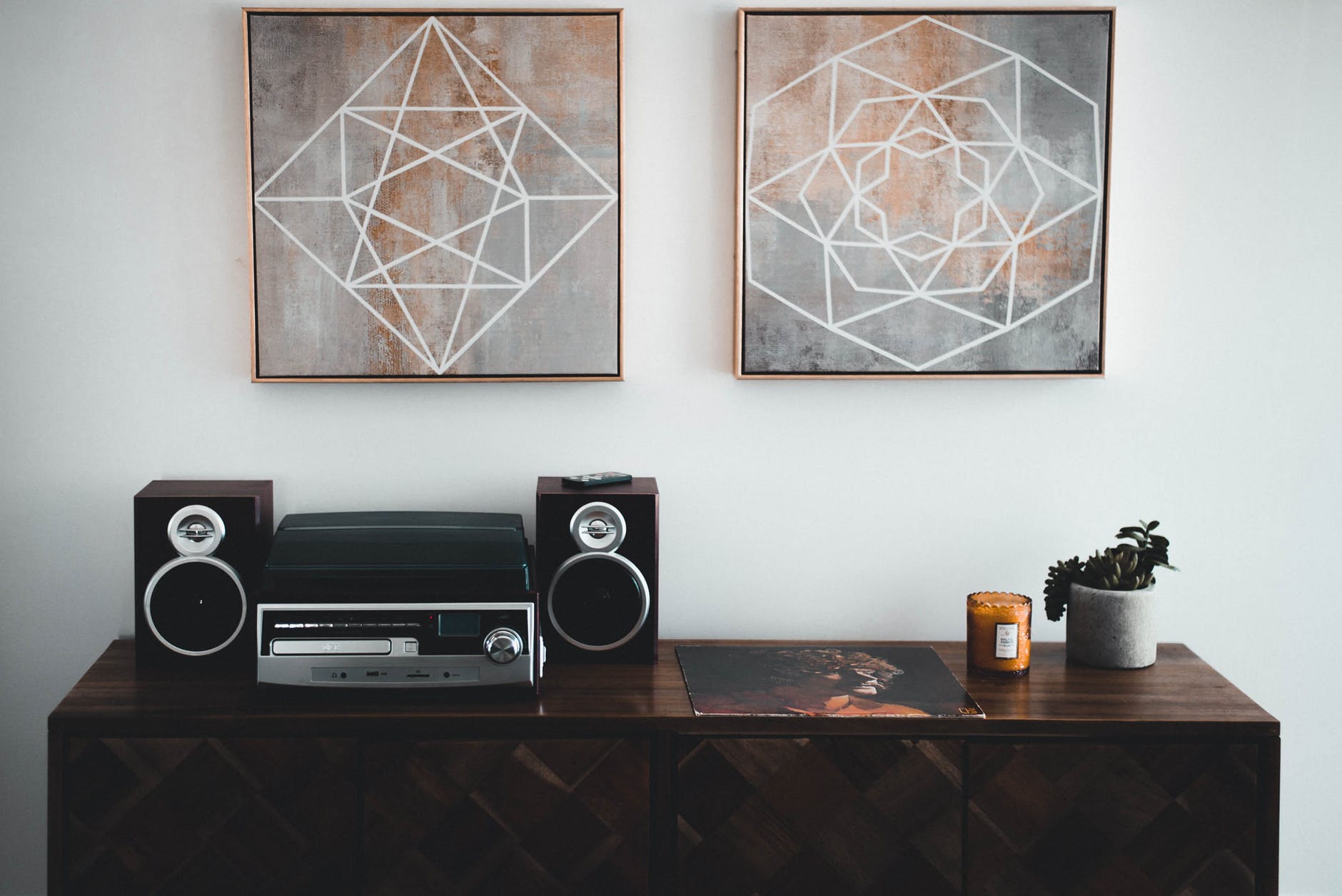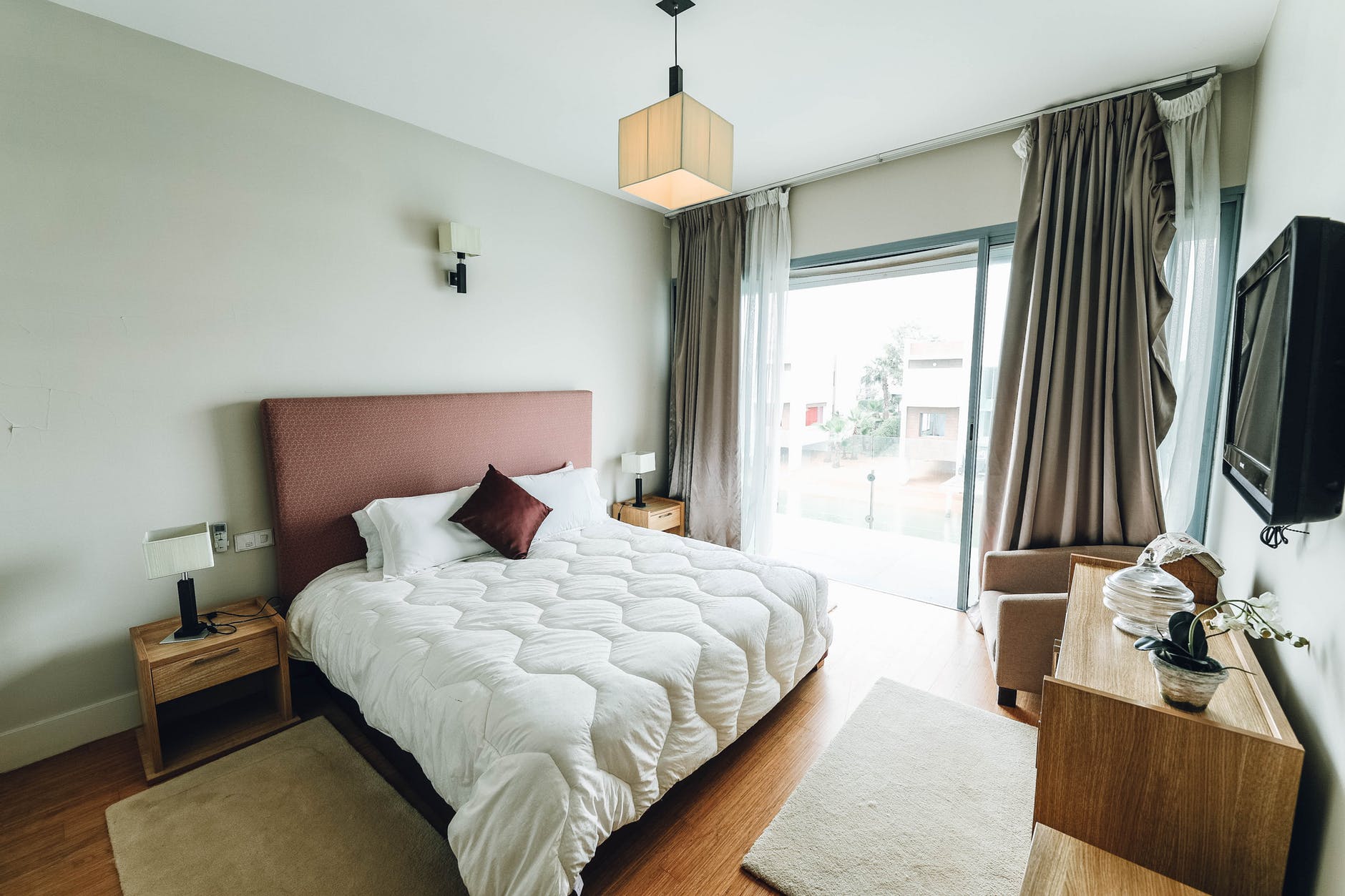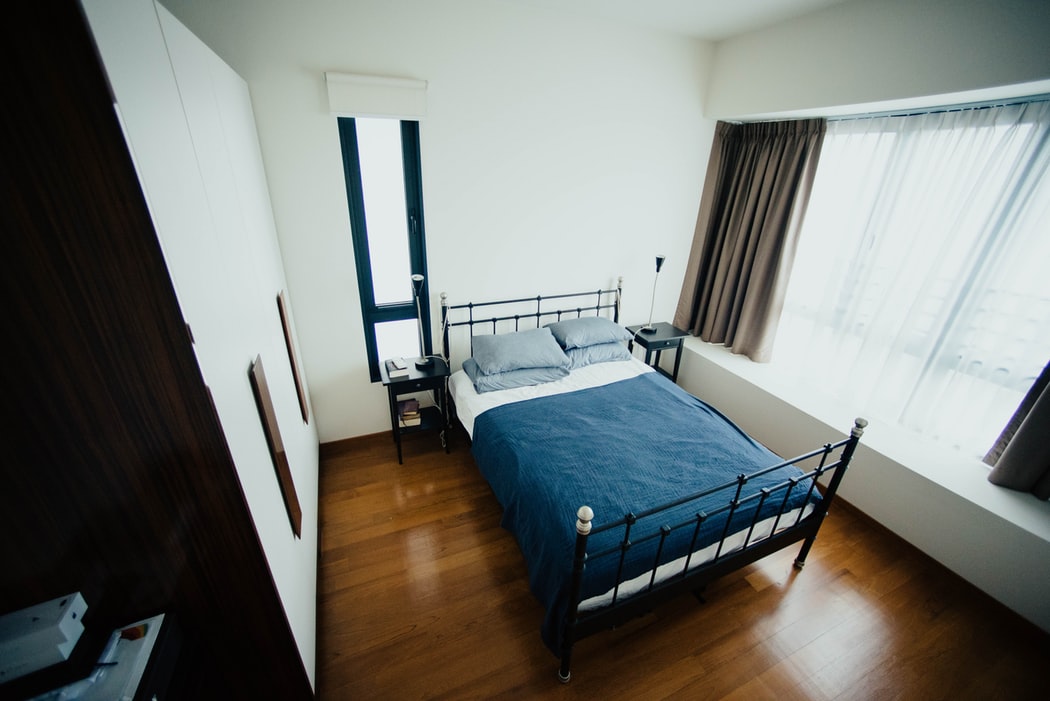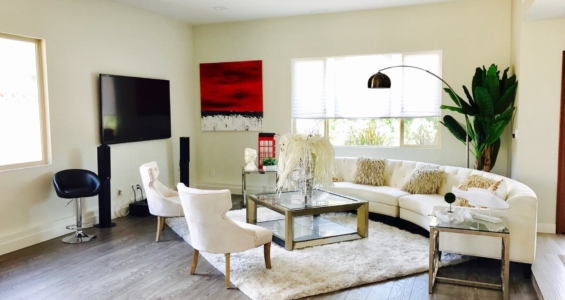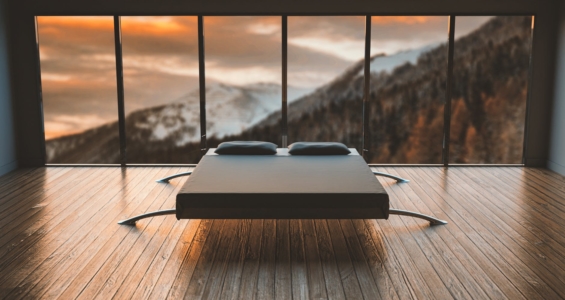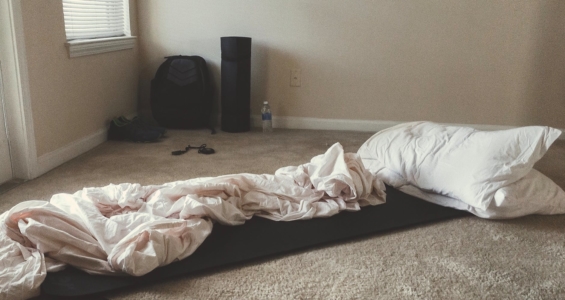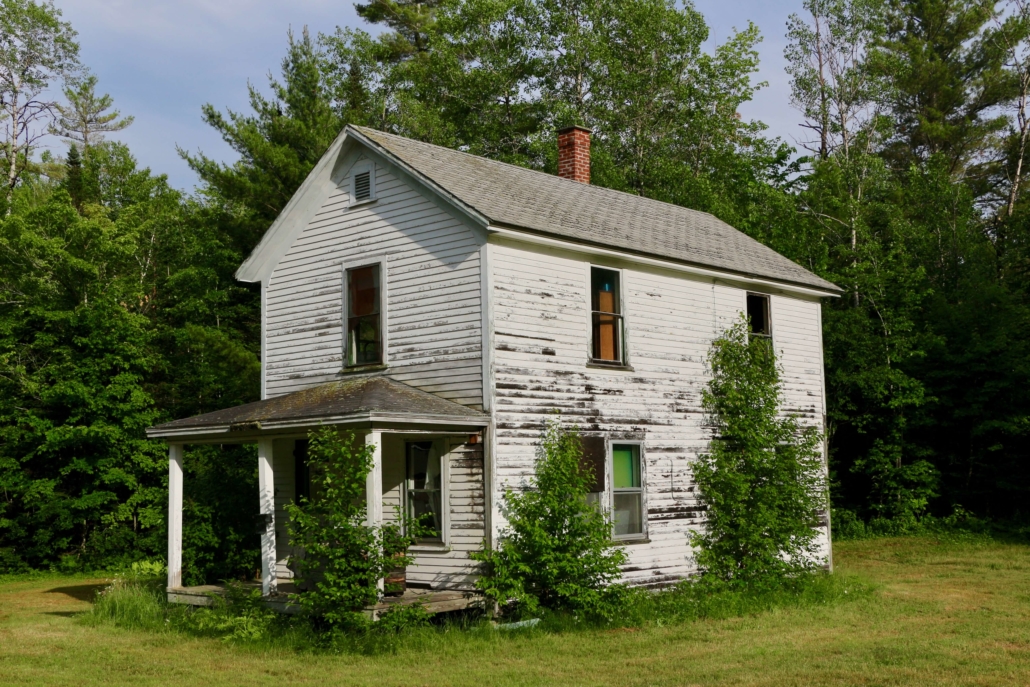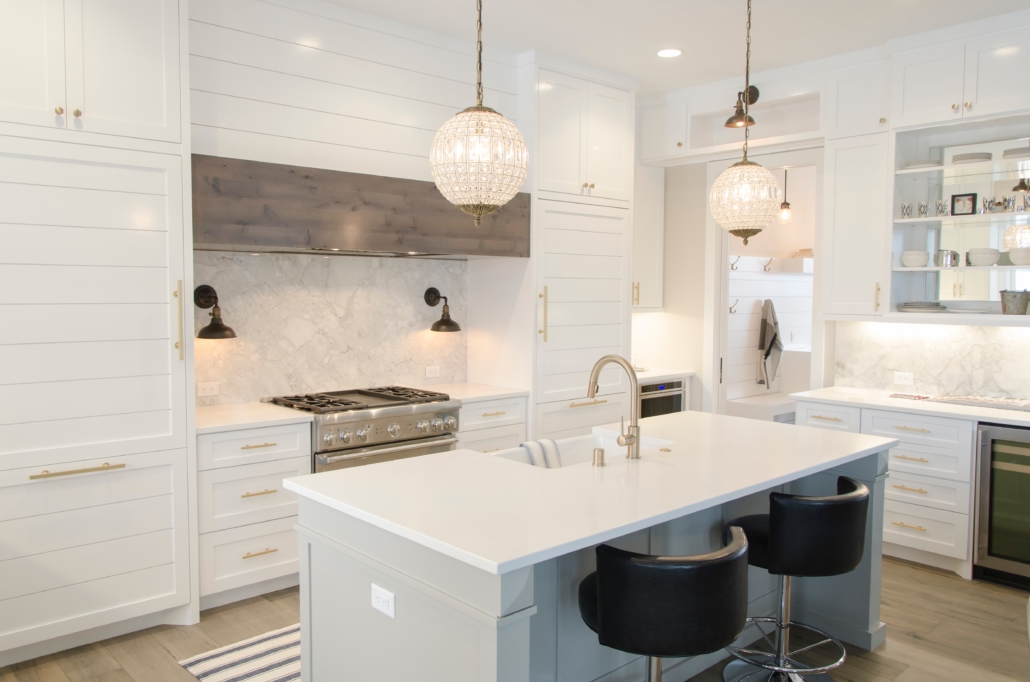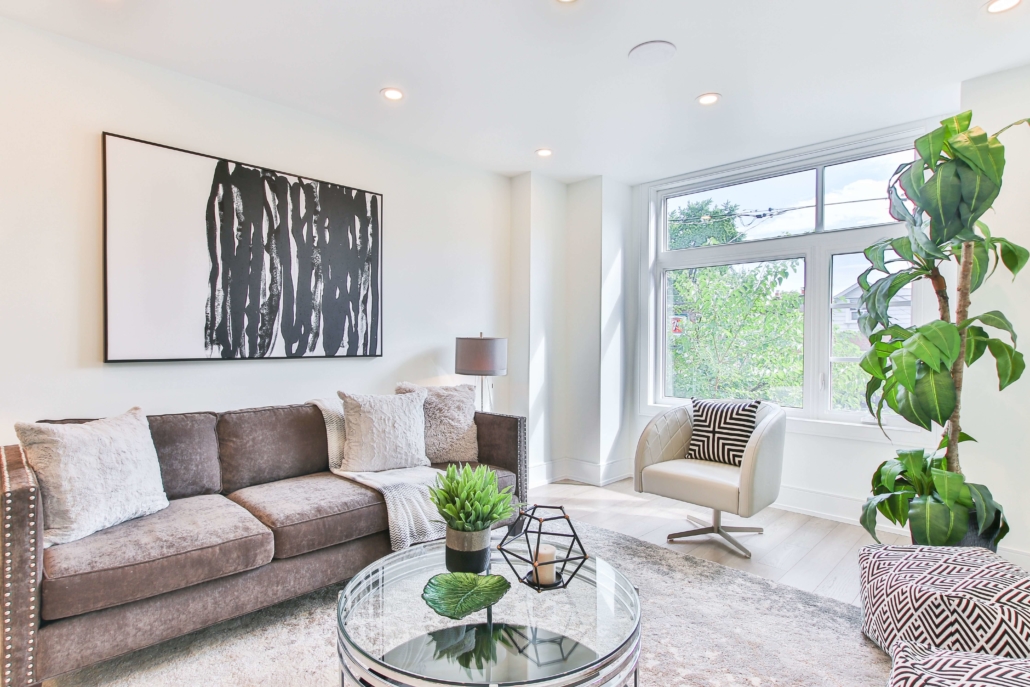Tax Information for Real Estate Investors
Studying tax codes might sound like a snoozefest, but that couldn’t be farther from the truth. At least, not if you think of yourself as Indiana Jones.
As a real estate investor, you’re on a mission to maximize your revenue, to find the Holy Grail of properties, and to grow your financial portfolio. Understanding taxes that directly benefit your quest is like finding a map in a mysterious language: difficult to decipher, but a necessary part of the journey.
We’ve already covered tax incentives for homeowners. If you’re a property investor, it’s time to grab your bullwhip and fedora. We’re about to give you the Rosetta Stone for understanding property investing tax benefits.
Capital Gains Taxes (and How to Avoid Them)
Any time you profit from a real estate sale (such as a land sale or a rental property), you can be taxed on this income. A capital gains tax is the tax you pay on that profit.
However, one of the biggest draws to the real estate investing game is that there are ways to avoid paying capital gains taxes. It’s like selling a crystal skull that you found but not having to pay taxes on however much you made. Here are some tax things to know:
Opportunity Zones

If you invest in an area that is considered economically distressed, you could qualify for tax breaks. Opportunity zones (sometimes also called tax incremental districts) are places that are certified as economically distressed by the federal government. They have the potential for tax benefits for new investors.
One thing to note: many people worry that opportunity zones contribute to gentrification. In other words, as an economically-distressed neighborhood is reinvested into, the price of everything (especially rent) skyrockets, which hurts the people already living in the area.
All things considered, this is still a tax benefit. It could greatly benefit your personal financial portfolio, but it could also benefit some communities as well. Turning a place (such as a rural, middle-of-nowhere town) into a desirable area definitely still has some pros.
1031 Exchanges

We covered 1031 exchanges in detail in a previous blog, but it’s good to refresh. You can defer capital gains taxes in a 1031 exchange as long as you use the profits from one property sale to buy a similar property.
Picture Indiana Jones using his whip to get some precious item into his hands. You can segue your sold property (the precious item) to a 1031 exchange (the whip) into an opportunity zone (Indy’s hands) for a commercial property.
Other Tax Benefits for Rental Property Investors
For rental property investors specifically, there are some other tax benefits you’ll want to know about:
- Mortgage Interest Deduction: The first $1 million of your mortgage ($750k for properties bought after 12/15/17) qualifies for a tax deduction on its interest.
- Depreciation Deduction: The second your rental property is in use, you can start tracking depreciation (and subsequent costs), which can be deducted on your taxes.
- Travel Costs: Any time you buy gas or even a plane ticket to get to your rental property (this includes international properties), write this down! Travel expenses are business expenses, and they’re tax deductible.
- Maintenance & Repairs: These may also qualify as business expenses and can be deducted.
You’ve got your map, you’ve got the keys to the hidden cave chamber. You’ll still cross paths with some snake pits in your property investing journey, but the proper resources will swing you out of them.
One of those resources is RealtyHive — we connect you with motivated sellers! Whether for residential or commercial properties, these sellers want to see your offer, whether for residential or commercial properties. Look through our listings and join the bidding in one of our time-limited events!





